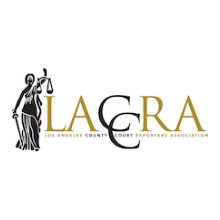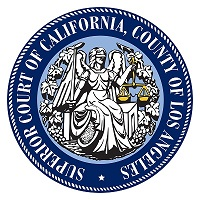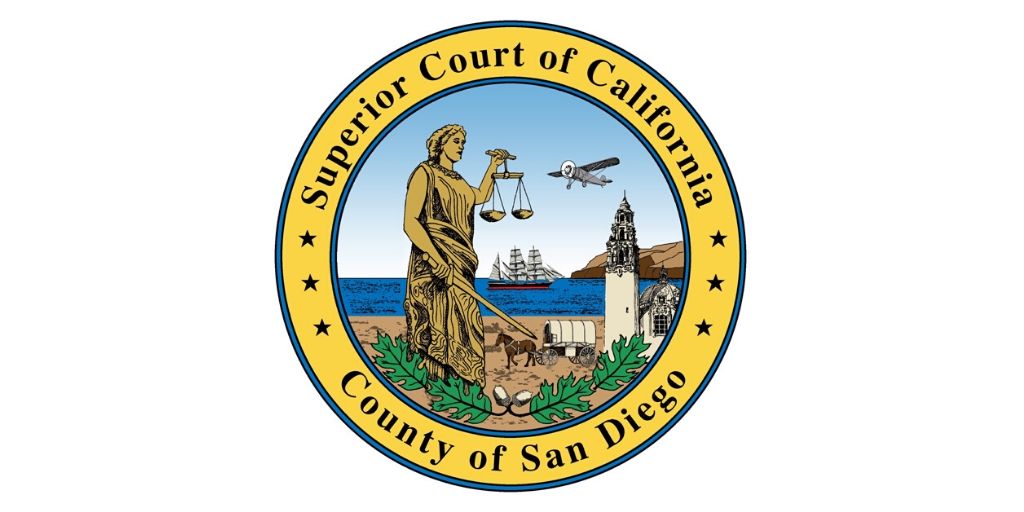Freelance FAQ
Keeping Notes
Question:
How long should a court reporter keep notes?
Answer:
In Court: 10 years. Death penalty case: forever. Depos: 1 year if transcribed and 8 years if not transcribed.
Charge Same to all Parties
Question:
Are deposition reporters mandated by law to charge the same amount to all parties in the case?
Answer:
There is no language in the Code of Civil Procedure that mandates that the charges be the same to all parties. However, there is statute that mandates that ALL products and services be made available to all parties in the case at the same time. CCRA's Professional Code of Conduct No. 2 states, "Be totally impartial and disinterested in all aspects of reporting and transcribing proceedings, treating all participants in like manner." The language "treating all participants in like manner" would mean charging all parties in a like manner.
Confidential Deposition
Question:
I have a request to make a deposition transcript confidential. What should the cover page have to reflect that? Any other pages need confidential information?
Answer:
Regarding a confidential transcript, it's so much easier when they designate the entire transcript as confidential. And actually all transcripts are confidential until filed with the court, but sometimes they want an extra designation or they will specifically ask for a transcript or part of a transcript to be sealed.
It sounds in this case like they want the whole transcript confidential. The easiest thing to do is to change the footer on your transcript to say "Confidential" or "Confidential - Attorneys' Eyes Only," or whatever they requested, so that it prints on each page of the transcript. You may also have a red "Confidential" stamp that is stamped on the cover page.
Disposition of Original Deposition
Question:
I understand there's a new Code which has taken the place of CCP 2025 regarding the handling of the original transcript upon completion in a deposition setting. Can you please refer me to the link and/or explain what the new procedure is.
Answer:
CCP 2025 has not changed in regards to handling of the original deposition transcript. Depending upon location of the deposition, there are, unfortunately, different practices used by the deposition reporter on the handling of the original transcript. In California we always follow the CCP in the handling of the original transcript. In Southern California the original deposition transcript is "stipulated away" to the deponent's attorney. I'm sure that you understand the ramifications of this practice. The reporter loses a copy of the transcript that would otherwise have been ordered by the deponent's attorney. The original is not sealed, thus its authentication when lodging with the court for trial is or could be an issue. There are other issues with stipulating away the original that I could go into, but it's somewhat off track of your question.
2025.550.
(a) The certified transcript of a deposition shall not be filed with the court. Instead, the deposition officer shall securely seal that transcript in an envelope or package endorsed with the title of the action and marked: "Deposition of (here insert name of deponent)," and shall promptly transmit it to the attorney for the party who noticed the deposition. This attorney shall store it under conditions that will protect it against loss, destruction, or tampering.
(b) The attorney to whom the transcript of a deposition is transmitted shall retain custody of it until six months after final disposition of the action. At that time, the transcript may be destroyed, unless the court, on motion of any party and for good cause shown, orders that the transcript be preserved for a longer period.
2025.520.
(a) If the deposition testimony is stenographically recorded, the deposition officer shall send written notice to the deponent and to all parties attending the deposition when the original transcript of the testimony for each session of the deposition is available for reading, correcting, and signing, unless the deponent and the attending parties agree on the record that the reading, correcting, and signing of the transcript of the testimony will be waived or that the reading, correcting, and signing of a transcript of the testimony will take place after the entire deposition has been concluded or at some other specific time.
(b) For 30 days following each notice under subdivision (a), unless the attending parties and the deponent agree on the record or otherwise in writing to a longer or shorter time period, the deponent may change the form or the substance of the answer to a question, and may either approve the transcript of the deposition by signing it, or refuse to approve the transcript by not signing it.
(c) Alternatively, within this same period, the deponent may change the form or the substance of the answer to any question and may approve or refuse to approve the transcript by means of a letter to the deposition officer signed by the deponent which is mailed by certified or registered mail with return receipt requested. A copy of that letter shall be sent by first-class mail to all parties attending the deposition.
(d) For good cause shown, the court may shorten the 30-day period for making changes, approving, or refusing to approve the transcript.
(e) The deposition officer shall indicate on the original of the transcript, if the deponent has not already done so at the office of the deposition officer, any action taken by the deponent and indicate on the original of the transcript, the deponent's approval of, or failure or refusal to approve, the transcript. The deposition officer shall also notify in writing the parties attending the deposition of any changes which the deponent timely made in person.
(f) If the deponent fails or refuses to approve the transcript within the allotted period, the deposition shall be given the same effect as though it had been approved, subject to any changes timely made by the deponent.
Electronic Signatures
Question:
Can California court reporters submit transcripts now with the new RealLegal electronic signature?
Answer:
At this point it's a business decision for each reporter and/or firm owner. It's up to the attorneys how they wish to receive their transcripts, whether in hard copy or digital. It is customary to always still prepare a hard copy original for eventual lodging with the court. The "digital" signature may not be necessary, as the original hard copy transcript is the "official" record, as prescribed in CCP 2025. If the attorneys wish an electronic transcript in lieu of a hard copy, you may ask if they wish it digitally signed or not, giving them the option.
If, however, the courts decide to go to an entirely paperless environment, including the lodging of deposition transcripts, then the CCP would have to be amended and would definitely need to include digital signatures on transcripts.
Rough ASCII
Question:
Can a reporter refuse to give an ASCII/rough draft to the attorney?
Answer:
The short answer to your question is yes, a reporter can refuse to provide a rough-draft ascii. There is no regulation regarding providing this service to attorneys, and basically it's up to the reporter whether they feel they should/want to provide it or not. The only regulation regarding any services provided is that any service provided to one attorney be offered to all other attorneys at the same time.
Swearing in Witness
Out of State Reporter Swearing in Witness
Question:
Does the court reporter at a New York deposition need to be certified in CA for the transcript to be admissible in a California court?
Answer:
The witness needs to be sworn in by a person authorized to administer an oath in N.Y., and a California reporter would not be authorized to do such, unless all parties in the case agreed to that.
Telephonic Swearing in Witness
Question:
What is the Code section, if any, that addresses whether or not the court reporter must be in the presence of the witness testifying ... or if the reporter, by stipulation of all parties, may be at a remote location?
Answer:
See California Rule of Court 333(c) on page 58. This is the Rule of Court that mandates that the PARTY deponent must appear at the depo in person and be in the presence of the depo officer. 333(d) states as follows: (d) [Non-party deponent's appearance] A non-party deponent may appear at his or her deposition by telephone, videoconference, or other remote electronic means with court approval upon a finding of good cause and no prejudice to any party. The deponent must be sworn in the presence of the deposition officer or by any other means stipulated to by the parties or ordered by the court. Any party may be personally present at the deposition.
333(d) adds the phrase "or by any other means stipulated to by the parties." This could be interpreted for a NONPARTY deponent to mean that counsel can stipulate that the reporter can swear the deponent outside the presence of the witness.
Below is the cite for the party deponent, and it is clear that the reporter must be in the presence of the party deponent.
333(c) c) [Party deponent's appearance] A party deponent must appear at his or her deposition in person and be in the presence of the deposition officer.
Minimum Transcript Guidelines
Question:
I am slightly confused on the transcript format requirements. I know reporters are required to use 56 characters per line; but do you begin counting at the text or at the line numbering?
Answer:
Quoting from the guidelines, "Left-hand margin is defined as the first character of a line of text." So you do not count the line numbering.
Click here for more Minimum Transcript Format Standards
|




